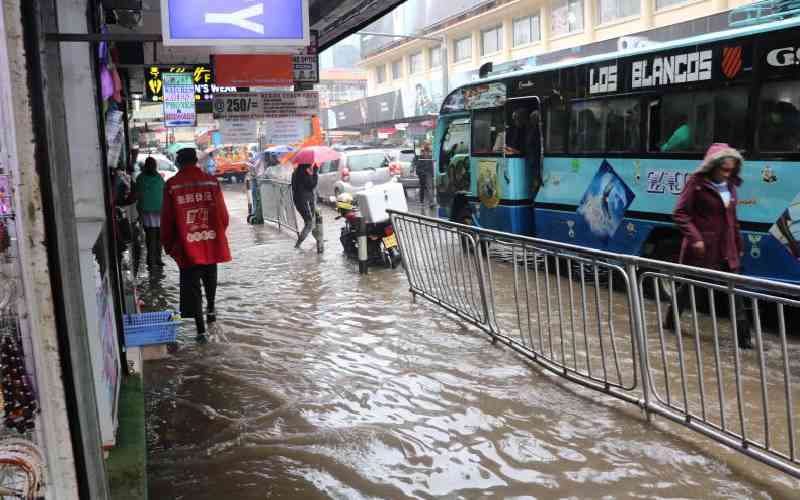×
The Standard e-Paper
Home To Bold Columnists

Progress on climate adaptation is slowing instead of accelerating to catch up with the rising climate change impacts like increased temperatures, heatwaves, and floods.
At the Africa Experts Strategic Meeting of the Intergovernmental Panel on Climate Change (IPCC) convened in Nairobi, a call for adaptation measures took centre stage.